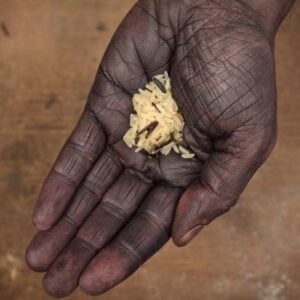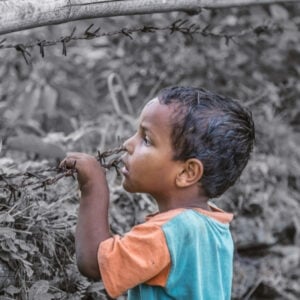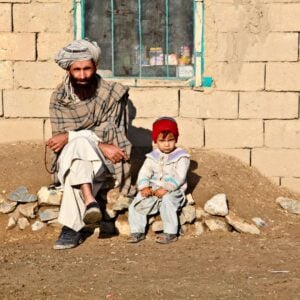In earthquake-devastated Eastern Afghanistan, babies are being born in tents as rockfalls and boulder-strewn roads make travel to hospitals extremely dangerous for pregnant women, according to Save the Children. An estimated 11,000 women in the affected areas are currently pregnant and may give birth in makeshift shelters in the coming months, where temperatures regularly fall below freezing, escalating health risks for newborns.
About nine out of ten families in the hardest-hit districts have moved into tents, either in camps or near their damaged villages, leaving roughly 39,000 children living exposed to the elements. The region’s mountainous terrain and narrow valleys offer minimal protection from the cold, raising urgent concerns as winter approaches.
Pari*, a woman from the mountains of Kunar, gave birth to her first child in a canvas tent five days after the 6.0-magnitude earthquake struck on 31 August. Blocked roads forced her to walk six hours to reach a mobile health clinic operated by Save the Children, where she was assisted by midwife Nafisa*. Pari expressed sadness at having her child in emergency conditions rather than at home, highlighting the emotional toll of the disaster.
Midwife Nafisa*, delivering babies in emergency conditions for the first time with Save the Children, described the challenges of providing care in tents. Despite limited resources, she emphasized her commitment to supporting mothers and newborns, likening the babies to her own children. Families like Pari’s arrived at the camps with only the clothes they were wearing, underscoring the urgent need for proper clothing and shelter as winter approaches.
Snowfall threatens to cut off some communities for weeks, with aid reaching remote areas via narrow, rocky tracks that take two hours to travel just 35 kilometers. Many villages remain accessible only on foot, complicating the delivery of lifesaving supplies. Save the Children has been among the first international organizations on the ground, providing health care, water and sanitation, household and baby kits, multipurpose cash assistance, and childcare centers.
The UN estimates that nearly half a million people require assistance after the earthquakes, which destroyed or damaged over 8,000 homes. Samira Sayed Rahman, Programme Development and Advocacy Director at Save the Children in Afghanistan, stressed the urgency of winter-proof shelters and heating to prevent hypothermia and respiratory infections, highlighting the critical need for funding to protect children and families in the coming months.
Save the Children has been active in Afghanistan since 1976, operating in nine provinces and partnering in 11 others, delivering services in health, nutrition, education, child protection, shelter, water, sanitation, hygiene, and livelihoods.







